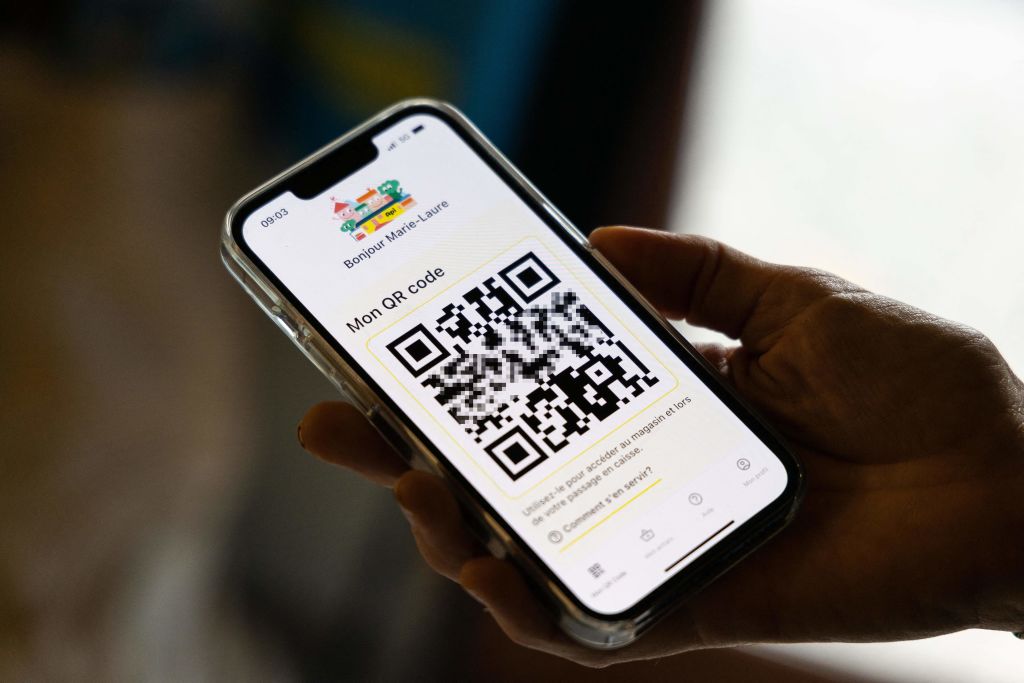SmartID Introduces Counterfeit-Resistant Barcode Mechanism for Online Pharmaceuticals
In the realm of online pharmaceuticals and medical equipment, distinguishing genuine products from counterfeits can be a perplexing task. However, a groundbreaking solution has arrived in the form of the SmartID system. This system utilizes a counterfeit-resistant barcode mechanism that allows individuals to verify product authenticity using their smartphones, even without a database connection.
According to a report by MedicalXpress, the SmartID system was developed through a collaborative effort between Fraunhofer institutes. To showcase its capabilities, a demonstrative version of the system will be exhibited at the MEDICA 2023 event in Düsseldorf, Germany, from November 13 to 16.
Counterfeit medicine is a significant concern addressed by SmartID. The World Health Organization (WHO) estimated that about one in ten medicines purchased online are counterfeit. This includes a wide range of products, from lifestyle medications to critical medicines like cancer drugs and pain relievers.
To combat this issue, the Fraunhofer Institutes for Applied Polymer Research IAP, for Secure Information Technology SIT, and for Open Communication Systems FOKUS created SmartID. The system enables end-users to authenticate medications and various other products.
Dr. Tobias Jochum, the project coordinator stationed at the Fraunhofer Center for Applied Nanotechnology CAN in Hamburg, explained that SmartID empowers stakeholders across the supply chain to verify products offline using a smartphone. This is achieved through the recognition of the unique surface texture present in all packaging, which can be captured by standard smartphone cameras.
The SmartID system works by digitizing information about the surface texture and transforming it into a barcode. This barcode is then imprinted onto the packaging. The SmartID app is used to compare the information stored in the barcode with the data derived from the surface texture, ensuring product authenticity.
Developing a smaller barcode that requires less space for comparing surface textures is a crucial aspect of SmartID’s evolution. The research team is leveraging advanced materials such as quantum materials to achieve this goal, allowing for the detection of more details on a smaller surface.
The SmartID project has been in development for three years, with various industries expressing interest in implementing the system. From interior design to mechanical engineering, printing, and even the medical field, many sectors recognize the value of SmartID. Discussions about licensing the technology have already commenced, and partnerships with companies like Evia Research GmbH highlight its potential applications in the fashion industry.
“With SmartID, everyone in the supply chain can verify and authenticate a product that carries a SmartID code directly via a smartphone, completely offline, without having to connect to a database,” emphasized Jochum.
The introduction of the SmartID system brings hope to the fight against counterfeit medicines and other fraudulent products. By empowering individuals to verify authenticity right at their fingertips, the system aims to safeguard the well-being of consumers worldwide and maintain the integrity of the pharmaceutical industry.
© 2023 TECHTIMES.com. All rights reserved. Do not reproduce without permission.

I have over 10 years of experience in the cryptocurrency industry and I have been on the list of the top authors on LinkedIn for the past 5 years. I have a wealth of knowledge to share with my readers, and my goal is to help them navigate the ever-changing world of cryptocurrencies.







